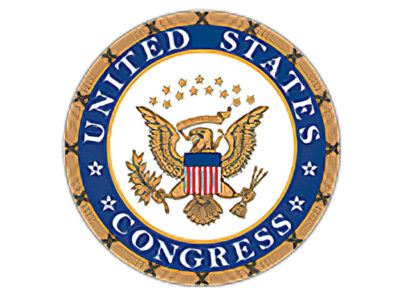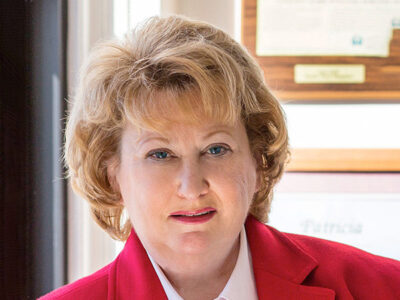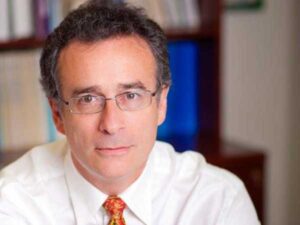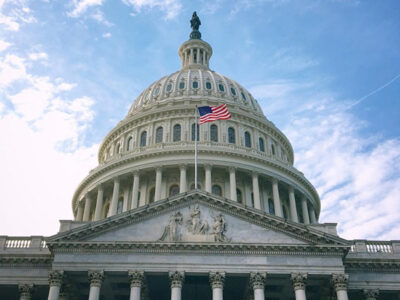So, the federal government shut down while America slept, but it reopened after a five-and-a-half hour pause, by early morning Feb. 9. We've seen this dance before.
Jon M. Huntsman Sr. dared to eradicate cancer from the face of the earth. People thought he was crazy, but for someone who started out delivering fresh eggs as a boy to support his family, went on to invent and then manufacture the polystyrene egg carton, and built from scratch a $12 billion global chemical company with more than 12,000 employees, there was no holding him back. Jon was a dreamer, a risk-taker, a true visionary, and a man whose compassion for others knew no limits. He didn’t sleep. His life was dedicated to making the world a better place: a world without homelessness, a world without hunger, a world without cancer.
Withholding e-cigarettes as an alternative from smokers who are unable to quit equals supporting the continued use of conventional cigarettes, said David Abrams, a member of the National Tobacco Reform Initiative.
Concurrent FDA approval and the establishment of Medicare coverage will propel Next generation sequencing squarely into the mainstream of oncology practice, said Vincent Miller, chief medical officer of Foundation Medicine Inc.
The range of opinions reflected in the 315 comments CMS received on its proposal for Medicare payment for Next Generation Sequencing reflects the extent of controversy over the test.
A policy now in the works at the Centers for Medicare and Medicaid Services will define settings where Medicare will pay for next generation sequencing.
Despite the many advances in oncology, important problems continue to beset the field, including rapidly rising costs, uneven patterns of care, and poor access to (and participation in) cancer trials. A model that has been recently developed and tested to address these issues is the so-called academic hybrid community cancer center.
After a three-day shutdown, the Senate voted 81-18 on Jan. 22 to pass a three-week continuing resolution to keep the federal government funded through Feb. 8.
E-cigarettes contain a lower number of toxic substances than conventional cigarettes, but their long-term health effects are not yet clear, the National Academies of Sciences, Engineering, and Medicine concluded in a report published Jan. 23.















